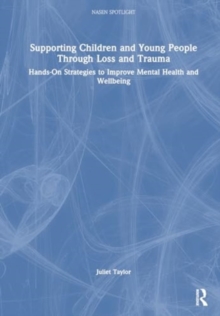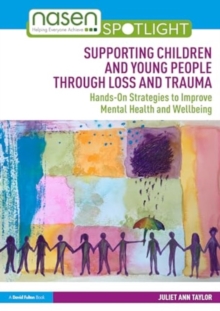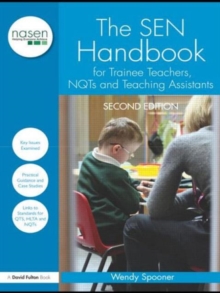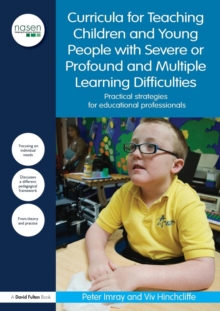
Language for Learning in the Primary School : A practical guide for supporting pupils with language and communication difficulties across the curriculum PDF
by Sue Hayden, Emma (Worcestershire Primary Care Trust, UK) Jordan
Part of the nasen spotlight series
Description
Language for Learning in the Primary School is the long awaited second edition of Language for Learning, first published in 2004 and winner of the NASEN/TES Book Award for Teaching and Learning in 2005.
This handbook has become an indispensable resource, packed full of practical suggestions on how to support 5-11 year old children with speech, language and communication difficulties.
Colour coded throughout for easy referencing, this unique book supports inclusive practice by helping teachers to: Identify children with speech, language and communication needs (SLCN) Understand speech, language and communication skills Consider roles and responsibilities at primary school Plan a differentiated and adapted curriculum Consider the language demands across subjects Adopt a whole school approach Make use of a wide range of positive strategies Empower children to access the curriculumLanguage for Learning in the Primary School comes complete with a wealth of photocopiable resources, giving teachers and teaching assistants the confidence to help children with SLCN more effectively in mainstream settings.
It will also be an extremely useful resource for speech and language therapists, specialist teachers and educational psychologists.
Information
-
Download - Immediately Available
- Format:PDF
- Pages:200 pages, 40 Tables, color; 40 Illustrations, color
- Publisher:Taylor & Francis Ltd
- Publication Date:12/06/2015
- Category:
- ISBN:9781317482185
Other Formats
- EPUB from £85.05
Information
-
Download - Immediately Available
- Format:PDF
- Pages:200 pages, 40 Tables, color; 40 Illustrations, color
- Publisher:Taylor & Francis Ltd
- Publication Date:12/06/2015
- Category:
- ISBN:9781317482185










